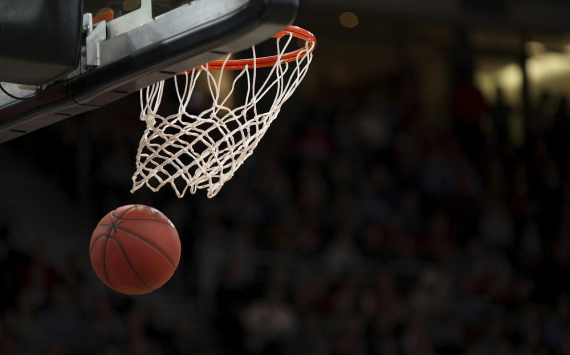
Forgotten Legends
Caitlin Clark of Iowa could be the NCAA's savior, but only if her outstanding achievements are acknowledged. The NCAA's reluctance to honor the history of women's basketball before the 1980s diminishes the sport's legacy and undermines the accomplishments of pioneers like Lisa Bluder and Lynette Woodard.
Clark's meteoric rise to fame, marked by her adeptness at sinking logo three-pointers, parallels that of legendary players like Pete Maravich. Her performances not only captivate audiences but also serve as a testament to the enduring cultural significance of women's basketball. Yet, Clark herself remains keenly aware of the foundation laid by those who came before her, paying homage to trailblazers like Woodard and acknowledging their role in shaping the sport.
Despite Clark's success and the impassioned pleas of figures like Lisa Bluder and ESPN analyst Rebecca Lobo, the NCAA persists in ignoring the contributions of women's basketball pioneers. By disregarding the AIAW era and its luminaries, the NCAA perpetuates an injustice that undermines the sport's history and disrespects its heritage.
The AIAW era, often overshadowed by the NCAA's dominance, represents a crucial chapter in the evolution of women's basketball. Figures like Kim Mulkey, Tara VanDerveer, and Debbie Ryan honed their skills during this period, laying the groundwork for future generations of players and coaches. Their achievements, though significant, are too often overlooked by an NCAA fixated on its own narrative.
It is incumbent upon the NCAA to rectify its oversight and pay tribute to the pioneers of women's basketball. By acknowledging the records set prior to 1982 and celebrating the achievements of AIAW-era players and coaches, the NCAA can demonstrate its commitment to preserving the sport's legacy and honoring those who paved the way for future generations.















